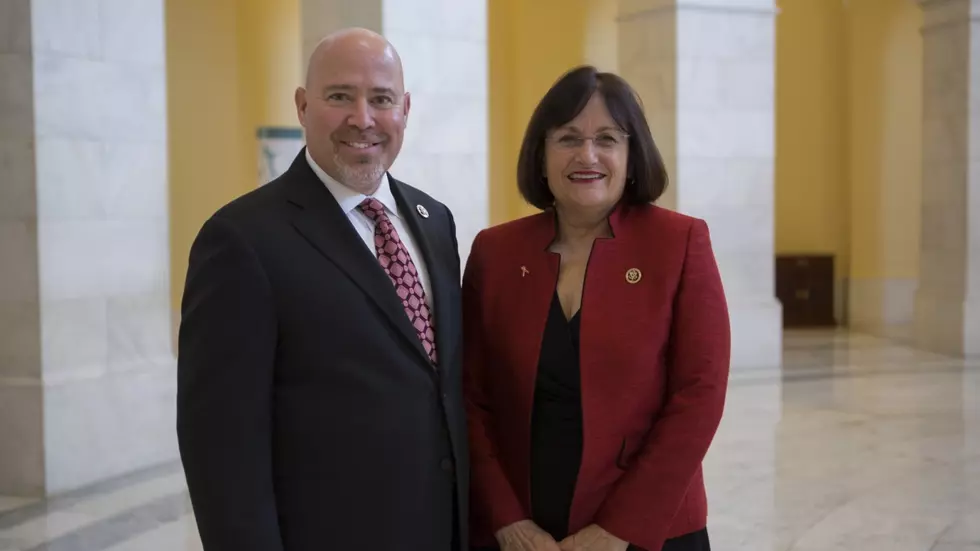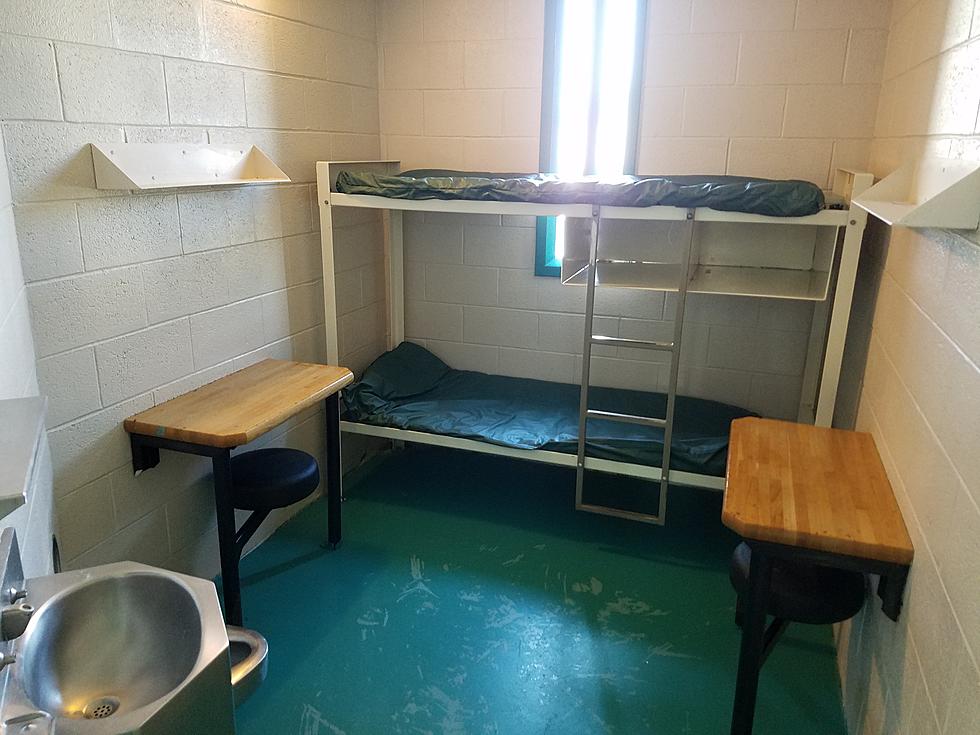
Congressman MacArthur seeks additional funding in war on drugs
Fighting the war on drugs continues to be a top priority for Shore Congressman Tom MacArthur who's also co-chair of the Bi-Partisan Heroin Task Force in Washington.
There's a new piece of legislation he's hoping helps with treatment and more.
Cara 2.0, the sequel of a bill passed two years ago, stands for the 'Comprehensive Addiction and Recovery Act' and is co-sponsored by MacArthur.
"It's not only going to save lives and restore individuals and help families but every dollar spent saves an enormous amount of money in our medical system, healthcare system and an enormous amount of money in our criminal justice system," MacArthur said.
The bill affects multiple areas that can be broken into two parts...treatment and criminal enforcement.
"This updated version appropriates funding specifically to engage in a national education campaign to help people, particularly those vulnerable, understand the dangers of opioids," MacArthur said. "It trains first responders in the use of narcan, de-funds medically assisted treatments, funds veterans courts, it funds programs for pregnant and post-partem women.
The bill also funds the infant plan for safe care which helps new born babies affected by substance abuse along with offering recovery support services for adults.
"We help people overcome addiction and then they go back into the world," MacArthur said. "We've got to help them with housing and jobs and things that can keep them clean."
Cara 2.0 authorizes $1,000,000,000.00 overall in new funding to tighten civil and criminal penalties on opioid manufacturer's who fail to report suspicious orders and increase help for those who need it.
"We've got to limit the amount of time people get prescriptions for," MacArthur said. "Right now, people are sometimes walking out of a doctor's office or hospital with 30 or 60-days worth of opioids. That's a problem. This bill limits it to three-days which is probably shorter than it'll end up being."
MacArthur says states need to work together to ensure people aren't heading across state lines to go pharmacy and doctor shopping for pills.
"We require the increased use of state PDMP's (Prescription Drug Monitoring Programs)," MacArthur said. "These are really critical, states have to coordinate information."
Could sending someone incarcerated for a drug related crime, especially a first time offender addicted to a substance, be sent right to mandatory rehab for a set period of time?
MacArthur says for a lot of people who end up in jail now, the drug addiction continues upon their release.
"We need to treat people in prison so that they don't come out and just return to the same haunting grounds and the same places which were connected to their past life," MacArthur said.
He believes in giving someone a second chance to recover and get their life back on track.
However, for those dealing the death or poison, the punishment needs to fit the crime.
"There are those cold-hearted...really murderers, who are fine taking hundreds and thousands of lives so that they can be rich and have power," MacArthur said. "Those people I have no mercy for."
On the heels of the largest drug bust in 30-years in Ocean County, the task force is also calling on congress to protect the ONDCP budget.
MacArthur says this budget funds programs like HIDTA which is a big help to Ocean County who as of last year has that designation.
"I can tell you unequivocally that the HIDTA designation was directly related to the ability to do that bust," MacArthur said.
The task force is asking Congress to keep the ONDCP budget where it's at and not lower the amount appropriated to it.
More From WOBM:
More From 92.7 WOBM









